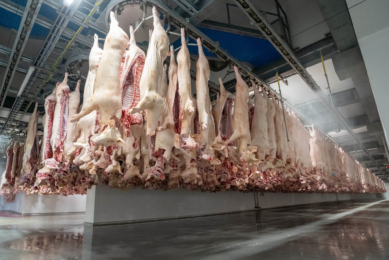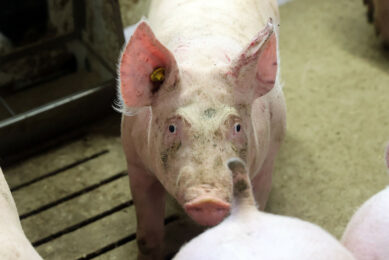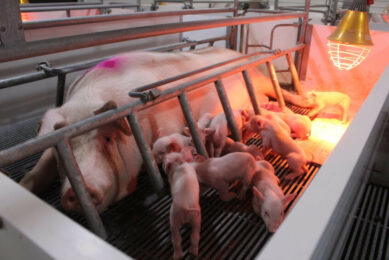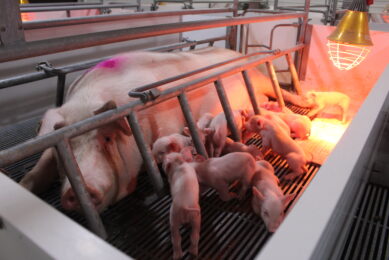Russian pig producers unravel ambitious growth plans
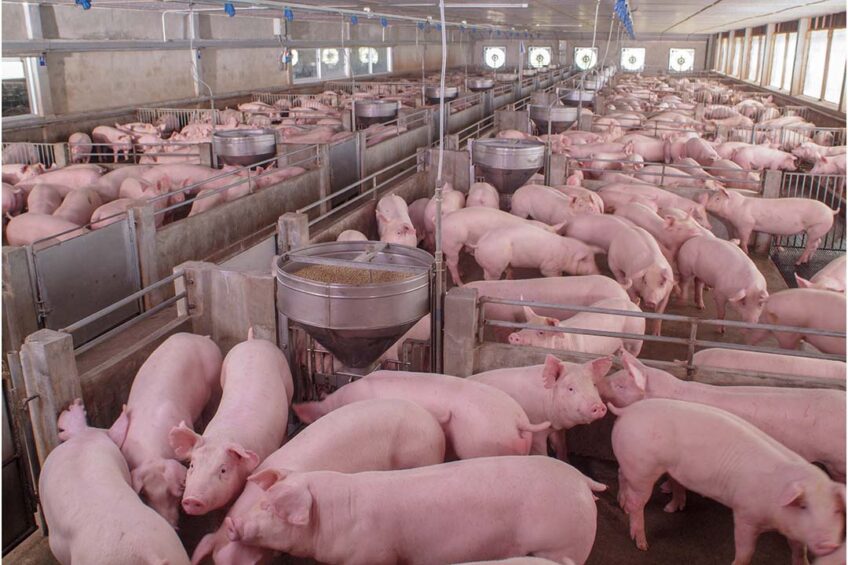
The leading Russian pig producers will expand output by 600,000 tonnes in slaughter weight or 800,000 tonnes in live weight by 2026, the Russian Union of pork producers (RUPP) forecasted.
Russian farmers remain predominately optimistic about the performance dynamics in the foreseeable future due to the opening of the Chinese market.
RUPP chairman Yuri Kovalev said in an industry conference that 3 main factors will determine the state of play in the Russian pig industry in 2024:
·he epizootic situation;
the domestic demand from the population and meat processors; and
export, particularly to China.
In 2023, the price swings in the grain market also made a difference for Russian pig farmers. As estimated by Kovalev, a record-breaking grain harvest pushed the price of feed grain by 30% to 40% for Russian pig farmers, contributing to favourable business conditions.
As a result, the average production costs ranged between 75 and 80 roubles (US$ 0.85 – $ 0.91)/kg in live weight in 2023. The EBITDA margin of the pig farm was at the average level of the past 5 years.
A factor of consumption
Russian citizens now consume more pork than ever before, the RUPP reported, citing the official statistical data. Pork consumption per capita has steadily grown since 2015, when it stood at 23.5 kg. Last year, it reached 30 kg, preliminary estimations showed.
It is yet to be seen whether consumption will continue perking up, but Kovalev pointed out that its affordability has remained the key factor behind the positive dynamics. In 2023, the average retail pork prices rose by only 6%, following a drop to a similar extent in the previous year.
In the meantime, things are quite different with other sources of protein. For example, the Russian poultry and eggs market experienced an upward price rally in 2023, which prompted the authorities to restrict export supplies and take steps to increase imports.
Some of the world’s cheapest pork
While no definitive forecasts about pork consumption can be made, Russian pig farmers remain confident that their export opportunities are bright. New capacities are being established, largely eyeing export supplies.
In 2023, Russia exported around 250,000 tonnes of pork, according to preliminary calculations. In the foreseeable future, this figure could be pushed to 350,000 to 400,000 tonnes, which Kovalev claimed to be an “entirely realistic target.”
He emphasised that the production cost in the Russian pig industry is one of the lowest in the world, which makes Russian pork highly competitive globally.



